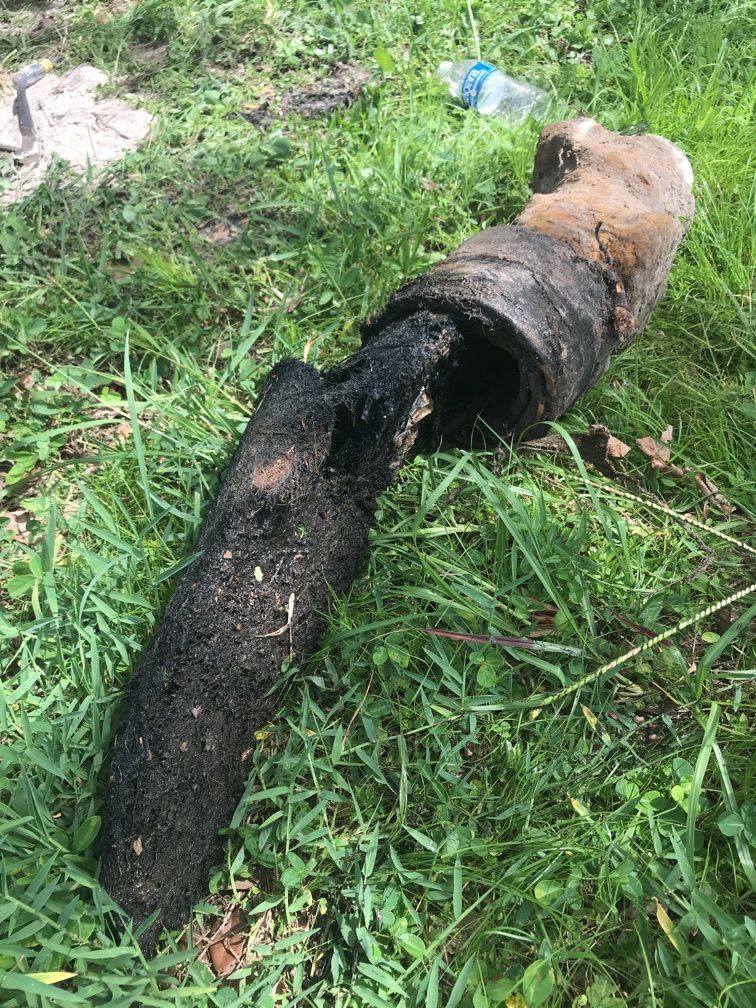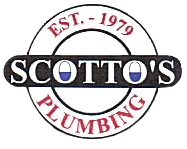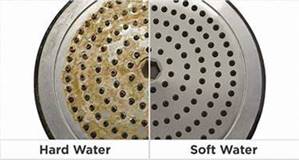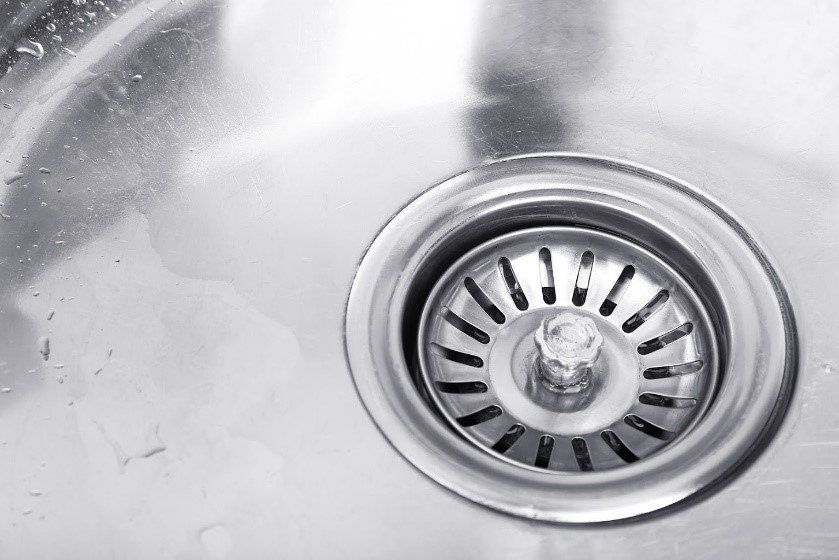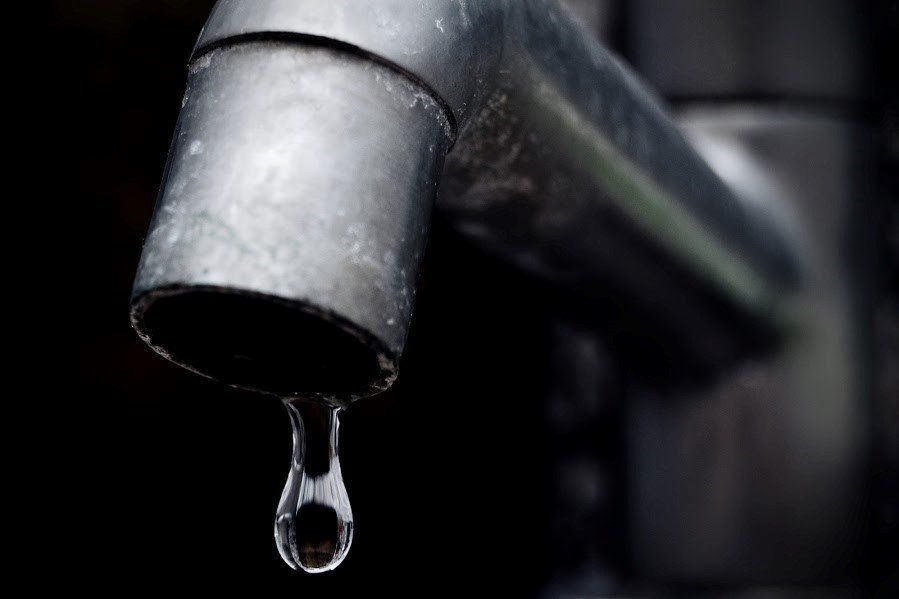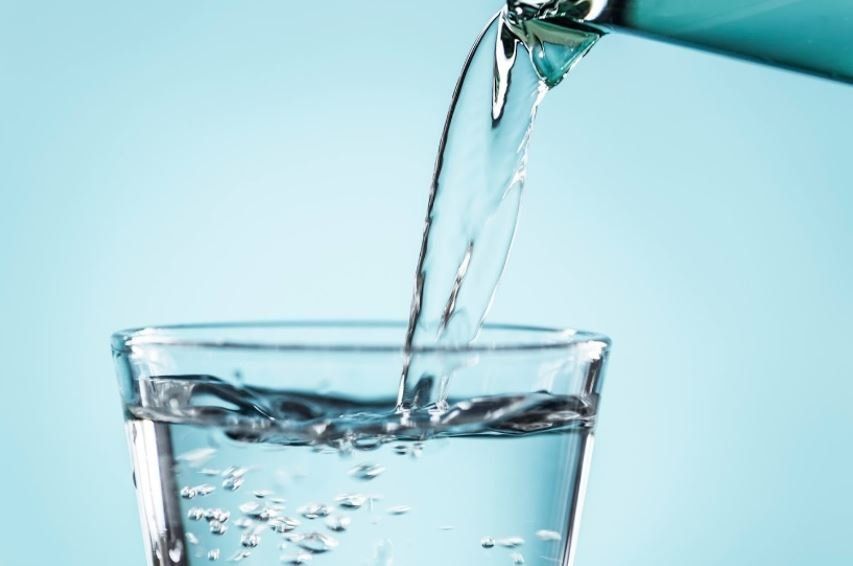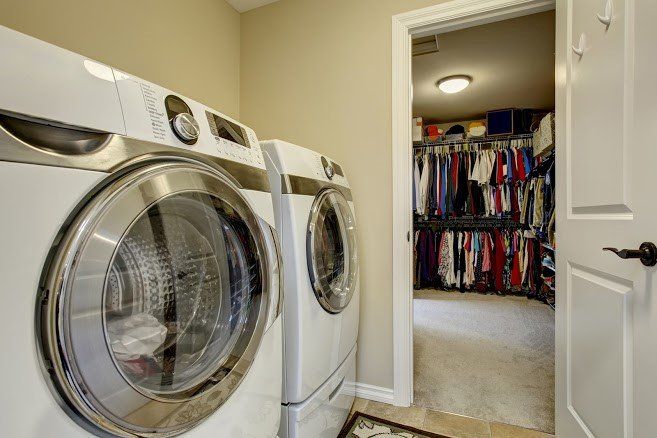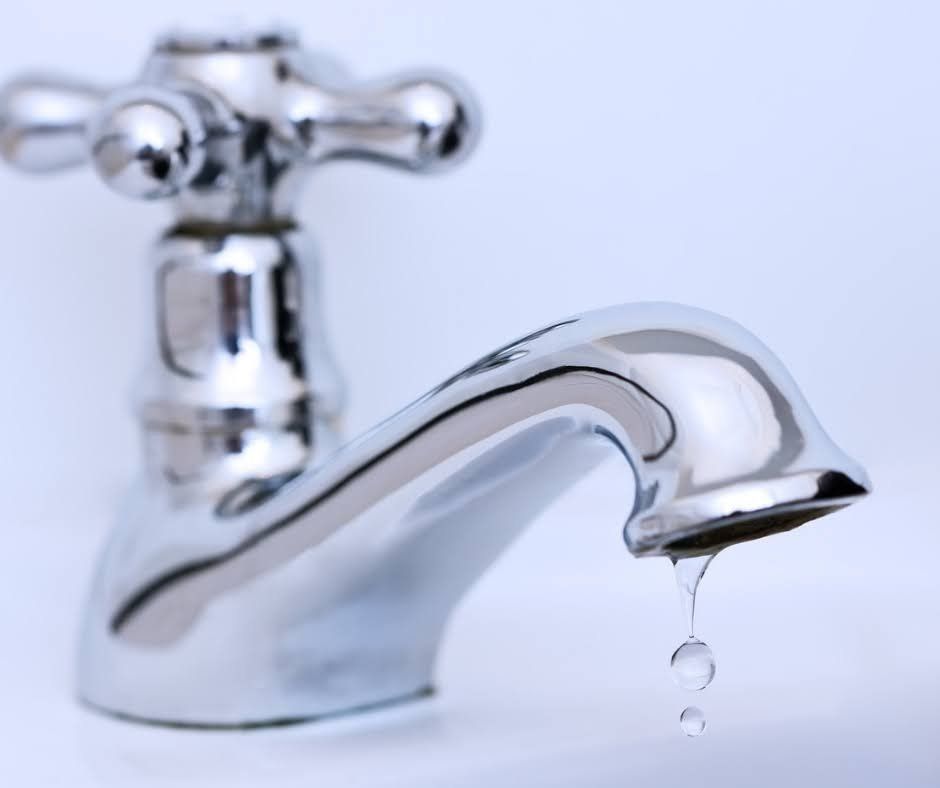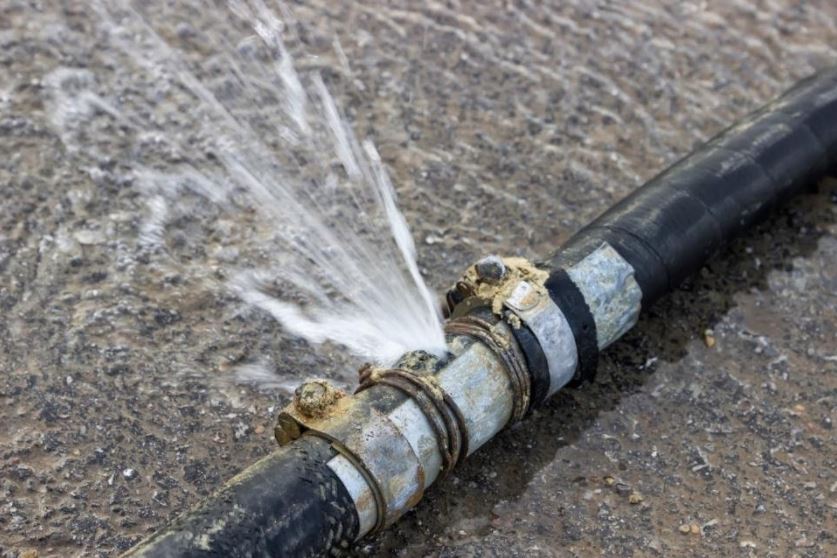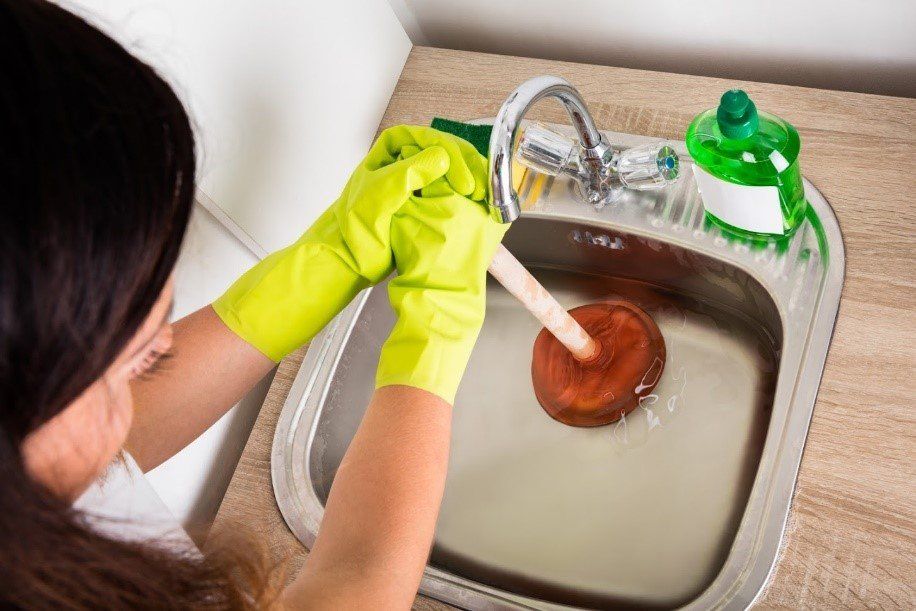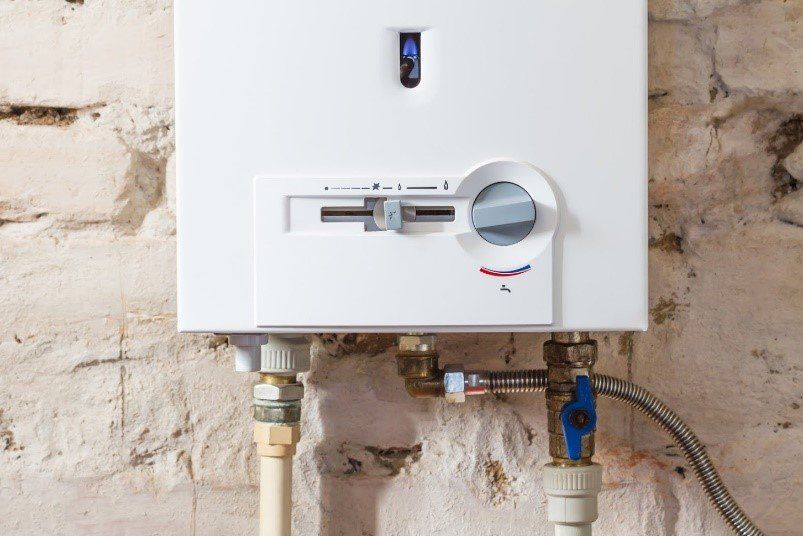Do Your Water Heater a Favor and Install a Water Softener
You probably rely on hot water several times throughout the day. From taking a comfortable shower to washing your dishes after dinner, access to hot water is important
Most homeowners know that it's important to maintain their water heaters if they want continued access to hot water in the future. What you might not realize is that making the choice to install a water softener in your home could be a real lifesaver for your water heater.
What Is Hard Water?
One of the primary threats to your water heater is hard water.
Some municipal water supplies contain trace minerals like calcium and magnesium. These minerals are left behind on the surfaces within your home when the water carrying them evaporates. If you have hard water in your home, you might notice that you have a lot of limescale on your shower surround, or that your dishes have spots and streaks when you pull them out of the dishwasher.
To determine the exact hardness of your water, reach out to Scotto's Plumbing. We'll test your water for you to see how much you need to worry about hard water.
Why Worry About Hard Water?
The trace minerals found in hard water don't pose any risk to your health, but they can badly damage the performance of your water heater. The elevated temperature within your water heater's tank can cause limescale to build up rapidly along the interior surfaces of the tank.
The minerals that are released from the hard water are typically deposited on the bottom of the water heater's storage tank. A thick layer of sediment can make it difficult for the heating element located underneath your storage tank to adequately heat your water. This leads to reduced efficiency and higher energy costs associated with your water heater.
A tankless water heater can also be affected by hard water. Mineral deposits can accumulate along the heat exchanger and slowdown the transfer of heat from the heating element to your water
The limescale can negatively affect hot water pressure by adhering to the interior walls of your tankless water heater's pipes and restricting the flow of water through your home.
What Can You Do About Hard Water?
Now that you see how detrimental hard water can be to your water heater, you may wonder howto protect your water heater from the harmful effects of hard water. A professional plumber can install a water softener that will eliminate trace minerals from your home's water supply.
A water softener features a processing tank that is filled with polystyrene beads. These beads are coated with sodium ions. As hard water passesthrough the processing tank, the magnesium and calcium ions in the hard water are exchanged for the less harmful sodium ions.
Once the polystyrene beads are too saturated with magnesium and calcium, they soak in a brine bath to release the harmful ions ad regenerate themselves with sodium ions once again. Since sodium will not adhere to the surface of your pipes or the interior of your water heater's storage tank, a water softener can help extend the life of your plumbing fixtures.
Even with routine inspections and regular flushing,a water heater that is exposed to hard water over an extended period of time could fail prematurely. A reputable plumber can provide you with professional installation of a water softener, replacement filters and cartridges,and ongoing service to prevent hard water from harming your water heater.
Give the plumbing professionals at Scotto's Plumbinga call if you are thinking of installing a water softener to protect your home's water heater. We're ready to help you.
